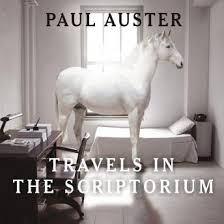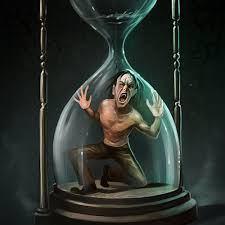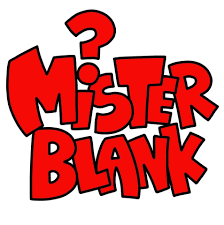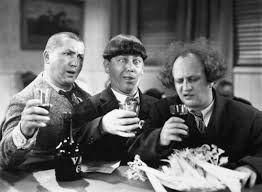 I first read a book by Paul Auster mainly because I’d met his ex-wife (Lydia Davis). But that book, The New York Trilogy, which I’ve reviewed, was great. So then I picked up his Travels in the Scriptorium.
I first read a book by Paul Auster mainly because I’d met his ex-wife (Lydia Davis). But that book, The New York Trilogy, which I’ve reviewed, was great. So then I picked up his Travels in the Scriptorium.
I didn’t even look first to see what it was about. But it turns out to uncannily evoke a novel I once wrote myself. I wrote quite a few; I was mentored by a wonderful literary agent, Virginia Kidd, and I still feel bad that my work never repaid her efforts to develop me. She did get one of my novels published, but the others were, well, pretty much awful.

That was all over forty years ago. I no longer have a copy of Prisoner, I must have tossed it. But Paul Auster seems to have channeled it, because his 2006 novel is that book, more or less, though of course done far better. Not that his makes complete sense in the end either (another similarity).

Much of the novel is taken up with his reading an incomplete fictional manuscript (hence the title). It’s the purported memoir of another prisoner, in some alternate world, with some convoluted conspiracy enmeshing him. Then Mr. Blank imagines, in great detail, that story’s continuation.
All this was pure Prisoner of Time. And then: at the end, Mr. Blank finds a different manuscript in his room. He starts reading, and it describes this room he’s in, and the start of this day he himself is still living. In fact it’s a verbatim repeat of the first pages of Scriptorium itself. Talk about looping back!
Auster includes a joke Mr. Blank recalls hearing: A man walks into a Chicago bar at 5 PM, asks for three scotches all lined up, drinks them, pays, and leaves. When this recurs for several days in succession, curiosity impels the bartender to ask what’s up. The man explains that his two brothers live on opposite coasts, and to honor their bond, they each perform this 5 PM ritual, as though all three were together.

It continues for several months, until one day when the man comes in as usual but orders and knocks back only two scotches. The implications are not lost on the bartender. “I don’t want to pry,” he says, “but is anything wrong in your family?”
“Oh no,” the man answers, “nothing’s wrong.”
“Why only two scotches then?”
“The answer is simple,” comes the reply. “I’ve stopped drinking.”
Advertisements &b; &b;